The crippled Fukushima Daiichi nuclear power plant has sent seawater into an underwater tunnel designed to release nuclear-contaminated wastewater into the ocean, according to Japanese media outlets on Tuesday, which is seen as a pilot for the formal dumping plan that has been widely criticized.
Experts who have been closely following the issue urged the international community to pay more attention and put pressure on the Japanese plan which could kick off in the near future, in order to stop this highly harmful program or at least reduce its negative impact.
The plant's operator, Tokyo Electric Power Company (TPECO), started the process on Monday afternoon. The tunnel has been filled with some 6,000 tons of seawater, which will be guided from the plant to a point about one kilometer offshore, said the company, as quoted by NHK on Tuesday.
The water release system is almost complete, except for a reservoir that will store treated water before its release. The utility plans to complete all construction work by the end of this month, said NHK.
If Monday's release process goes as planned and the unfinished construction work is completed successfully, Japan is likely to officially begin its widely criticized plan to dump the nuclear-contaminated wastewater into the ocean as early as the beginning of July, experts told Global Times on Tuesday.
Although the implementation of Japan's plan still needs to await the outcome of the International Atomic Energy Agency's (IAEA) meeting in late June, judging from its recent series of statements in line with Japan's official attitude, the likelihood of the IAEA raising objections to the plan is already slim, Chang Yen-chiang, director of the Yellow Sea and Bohai Sea Research Institute of Dalian Maritime University, told the Global Times on Tuesday.
Many Japanese locals and residents in neighboring countries believe the program will have untold consequences once it begins. Chang described the negative effects of nuclear-contaminated wastewater as "unpredictable" once the discharge starts on a sustained basis.
In addition to tritium, the nuclear-contaminated wastewater contains a variety of radioactive substances, dozens of which are expected to spread to surrounding areas, including South Korea and China, once it is discharged into the sea, Hideyuki Ban, a Japanese nuclear expert and co-director of the Citizens' Nuclear Information Center (CNIC), said in a recent exclusive interview with the Global Times in Tokyo.
"If the wastewater is continuously discharged for more than 30 years, depending on the location, radioactive substances will accumulate and people in nearby countries may be exposed to long-term nuclear radiation by eating seafood," he said.
Chang further noted that this negative impact will certainly not be limited to the Asia-Pacific region.
"In addition to the circulation of ocean currents, the international voyage of ships involves the release of ballast water," Chang told the Global Times. "Ships all over the world, after berthing in international ports, discharge the ballast water they originally carried into the ocean and draw on the ocean water in the port of call as new ballast water. In this way, nuclear-contaminated wastewater is bound to be carried to various international seas."
While Tokyo is desperately sticking to its plan to dump the nuclear-contaminated wastewater, it does not mean the international community will stop trying to mitigate the negative effects, experts said.
For the time being, there is still the possibility of imposing strong constraints on Japan through a UN resolution or through the International Maritime Organization. If the countries concerned go to the proposal and get stronger support, the resolutions of these two bodies may still deter Japan to reduce or even stop the discharge, Chang said.
In addition, opposition from the fishing community in Japan has never ceased, which remains one of the factors that could potentially prevent the discharge of nuclear-contaminated wastewater to the sea. The Global Times has learned that many fishers in Fukushima have expressed concern that the discharge of nuclear-contaminated wastewater will seriously affect the fishing industry.
Ban also noted that if the government cannot reach agreement with fishery groups, the contaminated wastewater cannot be released even after the project construction is completed.
He said that strong opposition from neighboring countries may also prompt the Japanese government to rethink its approach.
The current worrying situation is that there has not been enough international attention and discussion about Japan's plan to discharge nuclear-contaminated wastewater into the ocean, especially in the US-led Western camp, observers noted.
Japan's discharge of nuclear-contaminated wastewater into the sea is a major issue concerning the global marine environment and public health, and it is not a private matter for Japan alone, said Zhang Kejian, chairman of the China Atomic Energy Authority, criticizing Japan's "extremely irresponsible" act at an IAEA board of governors meeting held on Monday in Vienna.
Zhang urged Japan to pay attention to the concerns of the international community, fulfil its international obligations and dispose of the nuclear-contaminated wastewater in a scientific, open, transparent and safe manner. Japan should also accept strict international supervision, and not undermine the authority of the technical working group or distort the report submitted by the technical working group, Zhang pointed out.
The international community is also urged to put further pressure on Japan, and countries with advanced experience in dealing with pollutants could offer Japan more solutions, technical support or financial support to share the responsibility and cost of discharges, he suggested.








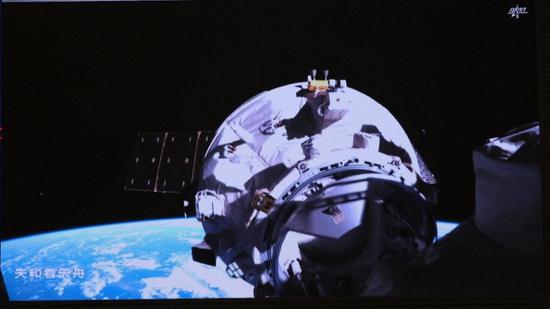


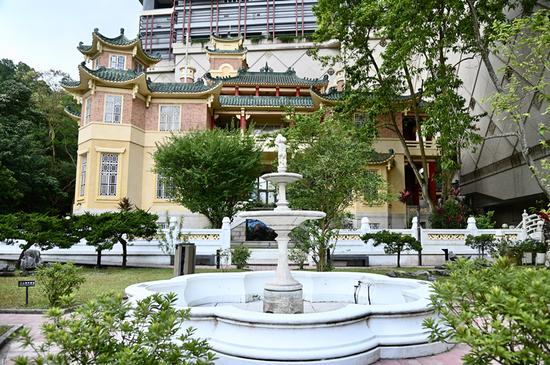
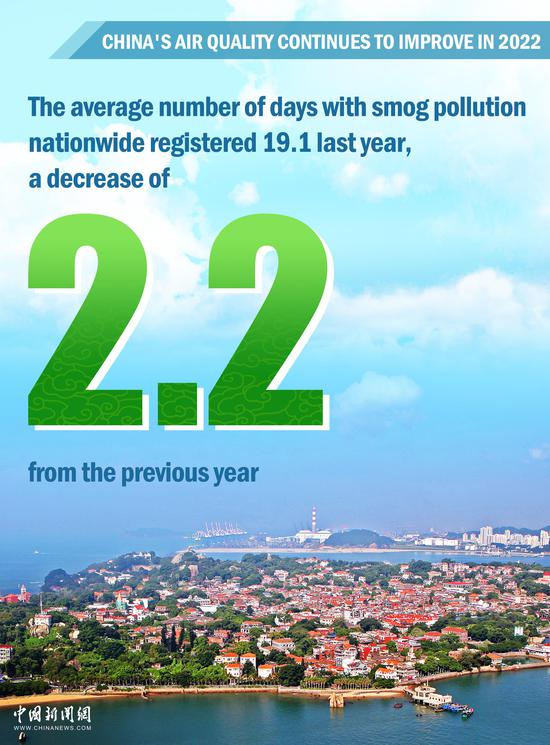


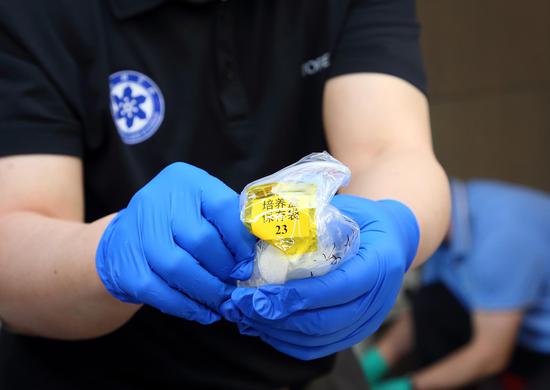


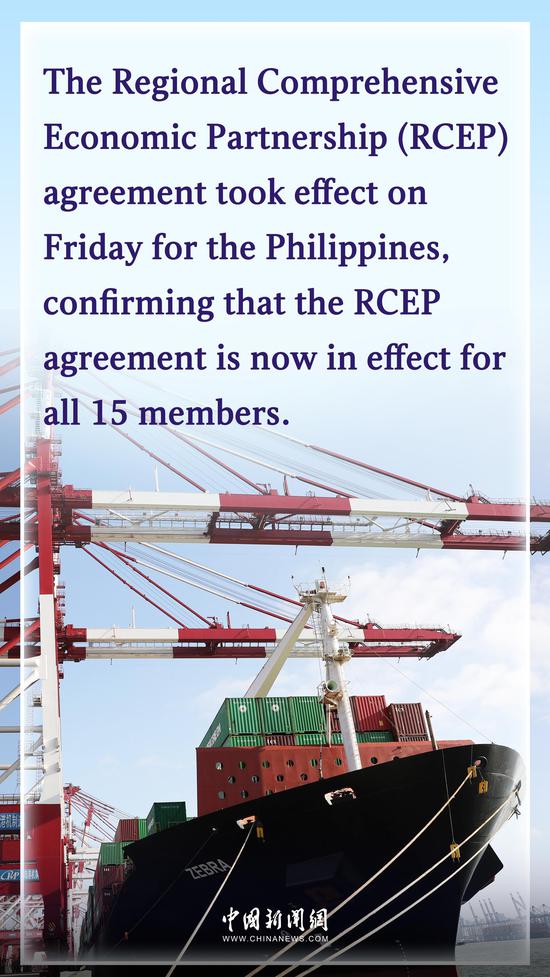









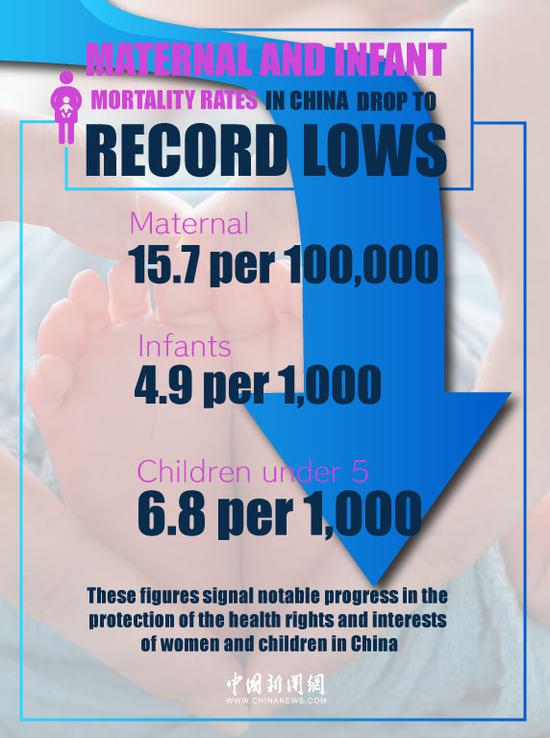

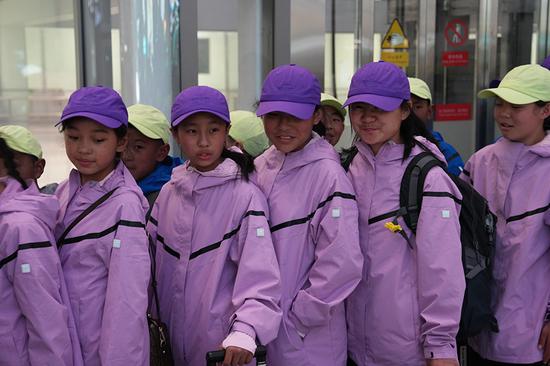



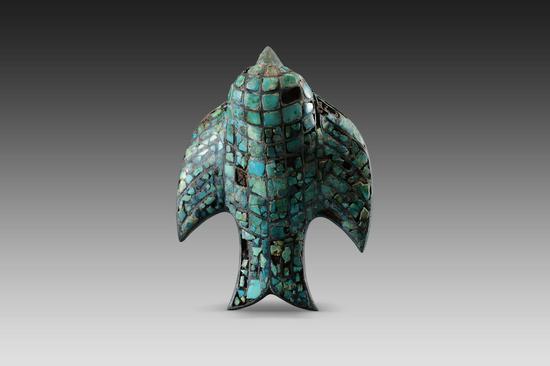

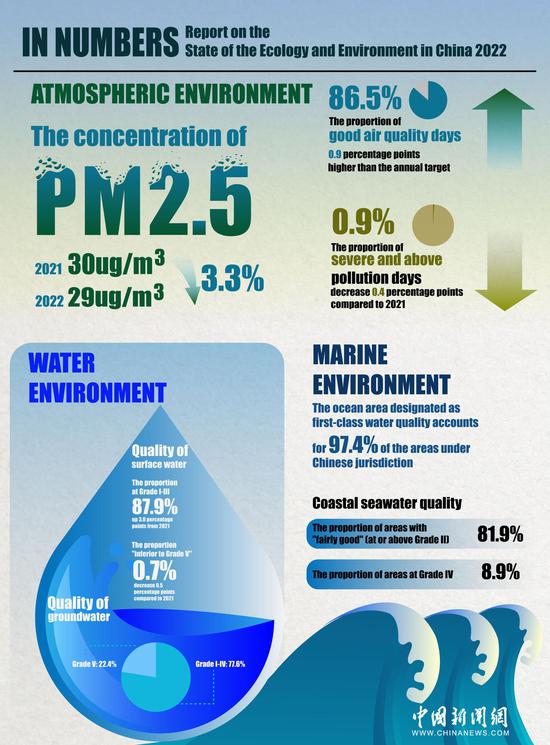
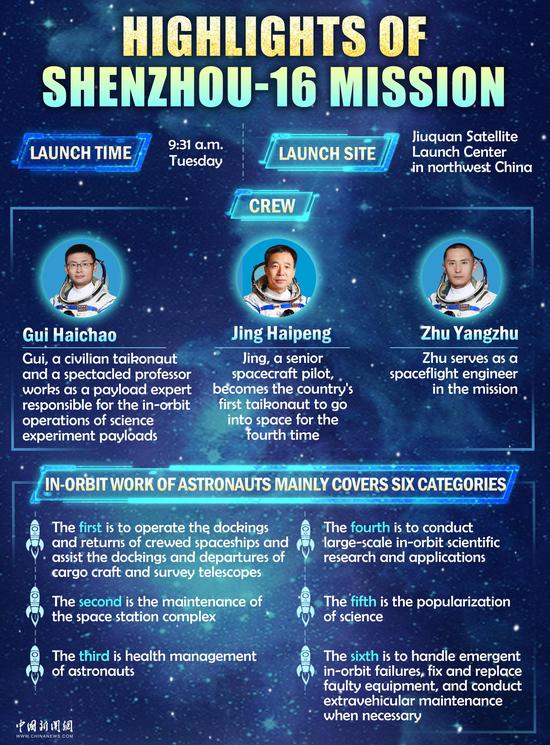

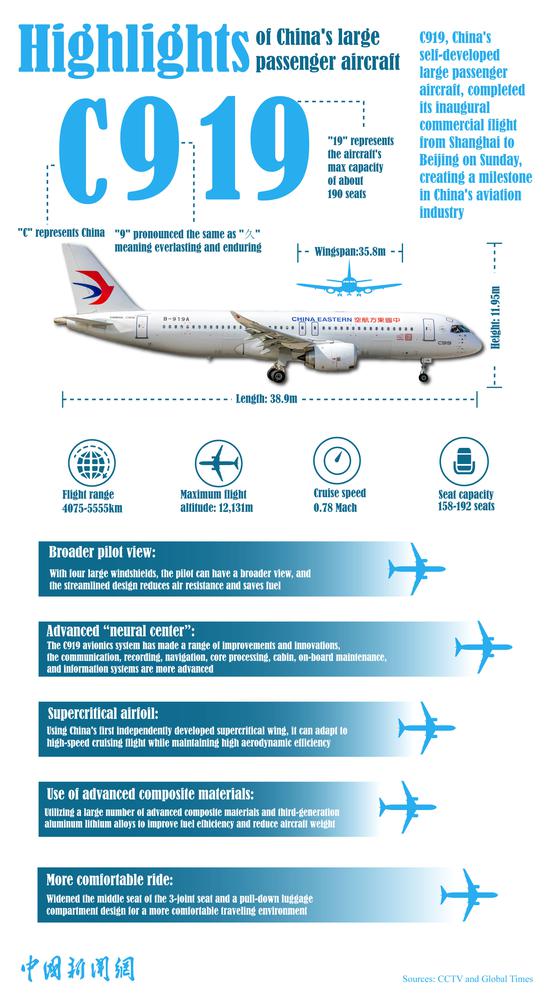










 京公网安备 11010202009201号
京公网安备 11010202009201号